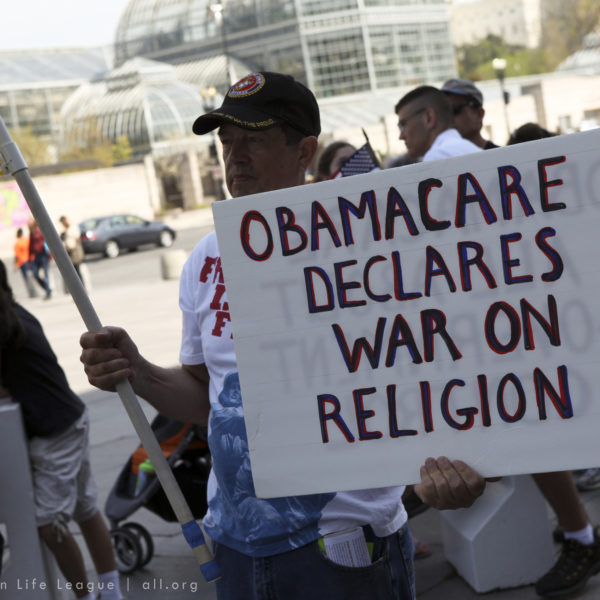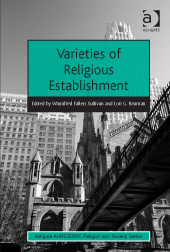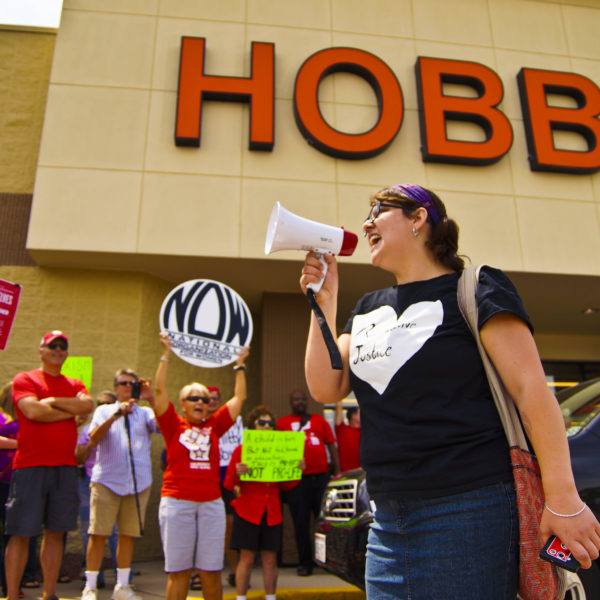
Religion is, of course, no stranger to politics in the United States, a fact that becomes all too clear in election season, as incumbents and their challengers hone their rhetoric to appeal to the theological sensibilities of their base. For better or worse, religion will no doubt continue to play a role in the run-up to the midterm elections. But in the wake of the Supreme’s Court’s decision in Burwell v. Hobby Lobby . . . we can, I think, expect to hear a lot about religious freedom.

Re-thinking the intersection of law and religion today tends to proceed from a concern for the limits of religious freedom and a critique of the foundational historical, social, and cultural presumptions about religion that are seen to undercut or frustrate the possibility of advancing religious freedom.
We have spent now four posts tracing the historical development of Protestant two-kingdoms theology, and its influence on early modern political thought. This has all been an attempt to vindicate the claim, advanced in the first installment of this series, that the wider world of political theology has good reason to attend to the disputes over this doctrine that have heretofore been the province only of a characteristically combative subgroup of the American Reformed. Has it been vindicated?
